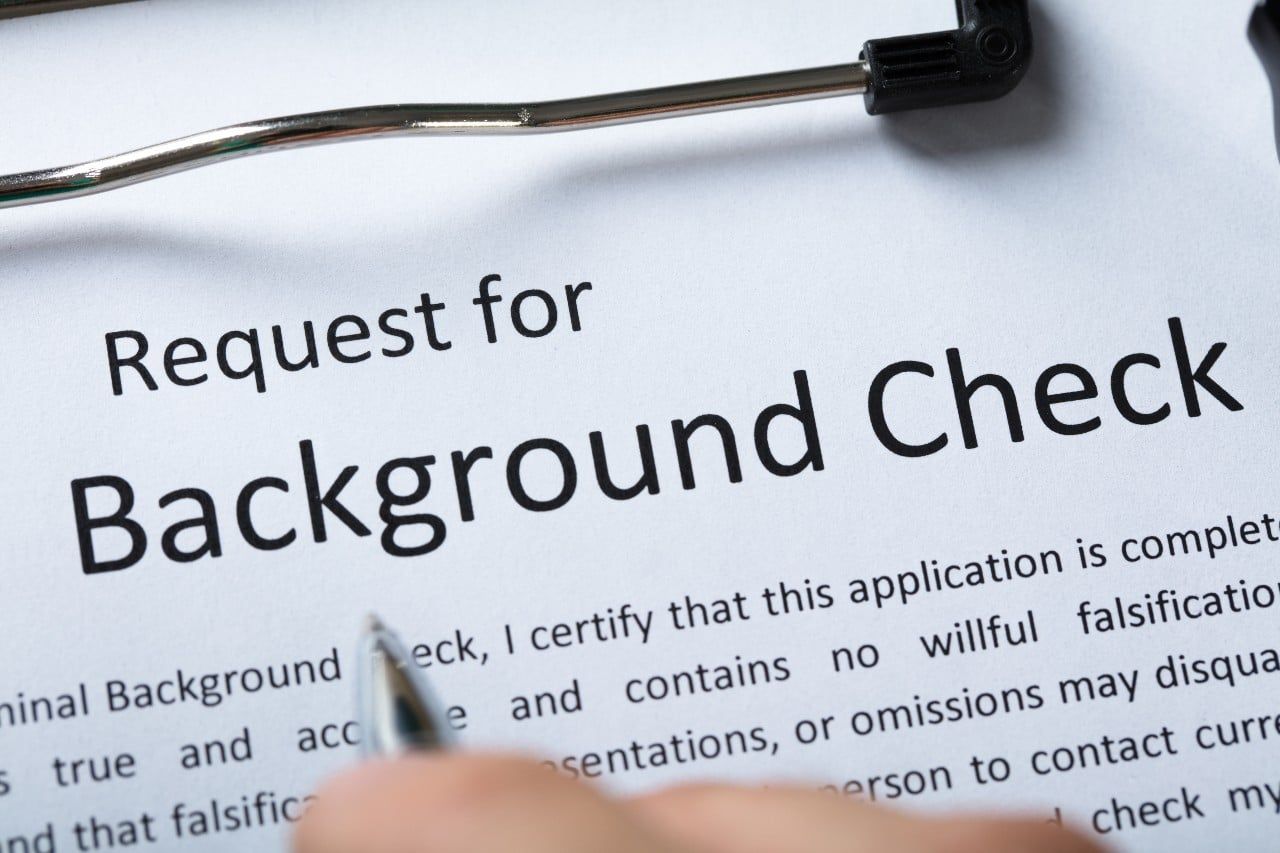 FACTA federal receipt laws are in place to protect consumers from having receipt printed with important credit card information that could lead to identity theft or fraud.
FACTA federal receipt laws are in place to protect consumers from having receipt printed with important credit card information that could lead to identity theft or fraud.
It’s sometimes not enough to assume that businesses will properly follow FACTA federal receipt laws.
In some cases, it is up to the consumer to recognize when receipts do not follow federal receipt laws and may expose them to fraud.
FACTA Basics
The Fair and Accurate Credit Transactions Act, also known as FACTA, was first passed back in 2003. Businesses have been expected to fully comply with all FACTA federal receipt laws since 2006.
The FACTA federal receipt laws were brought into play to stop the credit and debit card information that used to be printed on many receipts from getting into the hands of those who would use it to commit fraud or identity theft.
Fraudsters getting ahold of credit and debit card information can be extremely harmful for consumers and complicated to fix, even if it is caught quickly.
FACTA Federal Receipt Laws
FACTA federal receipt laws require that businesses follow specific requirements in order to problem truncate, or shorten, the credit card information printed on receipts.
If the truncation rules are not followed to the letter, businesses may be penalized for violating federal receipt laws.
Firstly, federal receipt laws require that no more than the last five digits of a credit or debit card number may be displayed on receipts, and the rest of the digits must be censored.
Displaying fewer than five digits is acceptable according to FACTA identity protection rules, provided those numbers are found in the last five digits of a card’s number.
For instance, since cards consist of four-digit segments, many companies choose to display only the last four digits of a card number to ensure FACTA compliance.
FACTA identity protection rules also prohibit businesses from printing any portion of a card’s expiration date.
Consumers who are familiar with basic FACTA federal receipt rules are better able to protect their sensitive account information from fraud and theft, as the information of others that may have been exposed as well.
Businesses that fully understand these FACTA credit and debit card receipt rules are also better able to protect their customers and avoid potential FACTA lawsuits.
Consumers who report violations of FACTA’s debit card receipt rules may even be eligible for some kind of financial award.
FACTA Lawsuits
FACTA offers awards of up to $1,000 per violation of FACTA credit and debit card receipt rules. This award is offered due to the FACTA violation itself, and does not require having actually been injured by identity theft or another problem.
Proving that a business violated FACTA federal receipt laws is fairly simple. Take note of whether or not your receipts follow FACTA regulations for both card numbers and expiration dates. If they do not, then you may file a FACTA lawsuit against the business at fault.
Free FACTA Class Action Lawsuit Investigation
If you made one or more purchases and the retailer provided you with a receipt that contained more than the last five digits of your credit or debit card number or the expiration date, you may be eligible for a free class action lawsuit investigation and to pursue compensation for these FACTA violations.
ATTORNEY ADVERTISING
Top Class Actions is a Proud Member of the American Bar Association
LEGAL INFORMATION IS NOT LEGAL ADVICE
Top Class Actions Legal Statement
©2008 – 2025 Top Class Actions® LLC
Various Trademarks held by their respective owners
This website is not intended for viewing or usage by European Union citizens.














